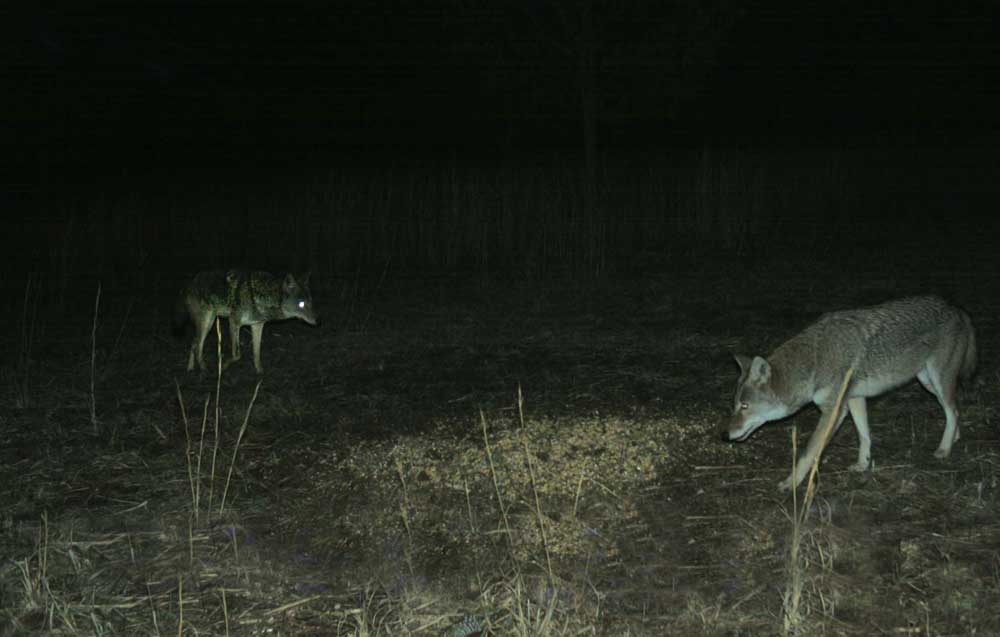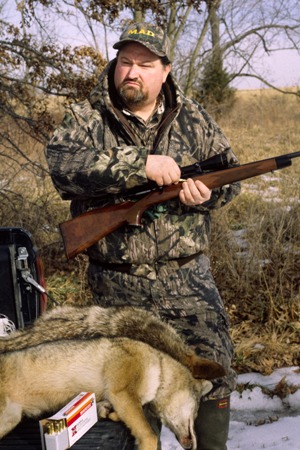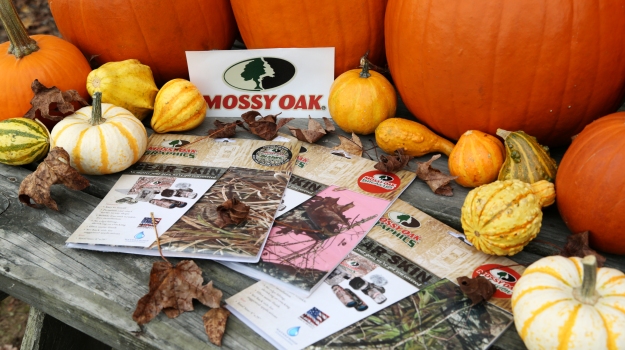featuring Al Morris

By harvesting coyotes, foxes, bobcats, raccoons and possums, you can have more deer, turkeys, quail, pheasants, squirrels and rabbits. We all know the advantage of planting supplemental food plots, fruit trees, nut trees and shrubs for wildlife. We also selectively harvest our deer herds and provide minerals for deer and turkey. But one important component of managing your lands for more wildlife is reducing the number of predators on the properties. Al Morris, the host of “FOXPRO Furtakers” on the Outdoor Channel, will tell us how and why harvesting predators will increase the number of game animals and songbirds on the lands you hunt. Morris, who lives in Springville, Utah, has been a predator hunter for 30 years. Morris and his partner, Garvin Young, are the only hunters who have won the World Predator Calling Championship three times.
The best way to find coyotes is to actually see them on the property you hunt. Another way to locate coyotes is with trail cameras. The next best way to find coyotes, bobcats, coons and possums is to pinpoint tracks and scat. If you don’t know what a predator’s track looks like, you can get another hunter to identify the tracks for you, purchase an inexpensive field guide, go on the Internet and look up animal tracks or ask your county agent to point you in the right direction to learn what animal tracks look like. Then, when you’re out hunting, you can search for the tracks, determine what predators you have on the property you hunt and start calling them.
 You can howl to coyotes at night, and they’ll howl back to you. Then you can identify their locations by their howling. You can’t use this technique on foxes, bobcats, coons or possums, because they usually won’t answer a call at night. To find these predators, look for the places with the most predator tracks and scat and take a stand there. Always be conscious of the fact that you have to call into the wind, so predators can’t smell you as they come to the call.
You can howl to coyotes at night, and they’ll howl back to you. Then you can identify their locations by their howling. You can’t use this technique on foxes, bobcats, coons or possums, because they usually won’t answer a call at night. To find these predators, look for the places with the most predator tracks and scat and take a stand there. Always be conscious of the fact that you have to call into the wind, so predators can’t smell you as they come to the call.
Have you ever noticed, when you hear a siren, you’ll usually hear dogs howling in backyards at the same time. Coyotes react the same way to a high-pitched siren sound. Using a coyote-howling sound will get coyotes to howl back to you. I’m amazed at the different types of howls I’ve been able to identify as I’ve hunted coyotes all over the country. For instance, the coyotes in the South often sound like wolves. They have big, deep, throaty howls and loud voices. Regardless of the section of the country, I still can make coyotes howl at night to locate them. Usually, if I go out for three consecutive nights, I can identify the individual howls of each coyote, just like a coon hunter can identify each of his dogs by its bark. In three nights of scouting, you usually can identify which farms have the most coyotes, and where the coyotes spend most of their time.
What the viewers don’t see on “FOXPRO Furtakers” is we spend 3 days and nights scouting every place we hunt. We also have to scout for a location to call from where the cameraman can see the predator coming in, the hunter on the stand and the hunter taking the shot. If you’re calling predators to increase the wildlife on the property you hunt, you may be able to pick better locations, since you’re not planning on shooting a video of the hunt. Remember, when you hunt predators, you’re protecting the deer and turkeys on the lands you hunt.
More predator hunting questions answered with Al Morris:



























